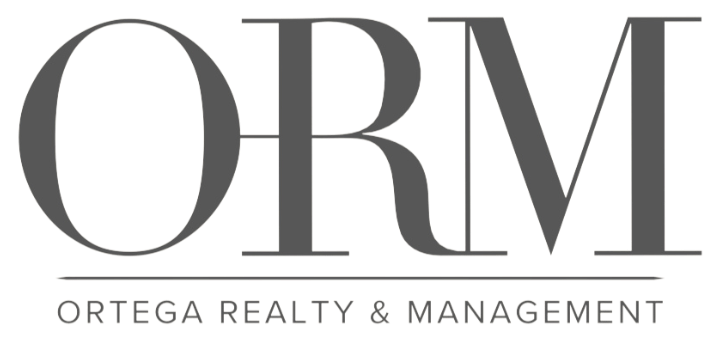Portugal remains a top choice for expatriates, thanks to its vibrant culture, breathtaking scenery, and favorable climate. A significant draw has been the Non-Habitual Resident (NHR) tax regime, offering enticing tax benefits for newcomers. As we move into 2024, there are notable changes to the NHR program that prospective residents should be aware of.
What is the NHR Program?
Launched in 2009, the NHR program was designed to attract skilled professionals and retirees to Portugal. It provided:
– A flat 20% tax rate on Portuguese-source income for select professions.
– Tax exemptions on most foreign-source income, including pensions, dividends, royalties, and interest.
Key Updates for 2024
1. End of the Original NHR Scheme
The original NHR scheme, with its flat 20% tax rate and foreign income exemptions, ended on January 1, 2024. However, a transitional period is in place for those who began their relocation in 2023.
For individuals who signed a lease or employment contract by December 31, 2023, a transitional period allows them to apply under the old NHR rules through March 31, 2024. Those meeting specific criteria, such as having a property purchase contract or children enrolled in Portuguese schools by October 10, 2023, have until March 31, 2025, to apply.
2. Transition to NHR 2.0
The new NHR 2.0 regime maintains many benefits of the previous scheme but shifts focus to attract professionals in specialized areas. Eligible professions and activities under NHR 2.0 include:
– Positions or activities in Madeira and the Azores, subject to regional legislation.
– Higher education roles, scientific research, and employment in recognized technology and innovation centers.
– Qualified positions within entities receiving tax benefits for investments over €3 million.
– Highly skilled roles in firms benefiting from the Investment Promotion Tax Regime, particularly those active in the past five years.
– Professionals in companies exporting at least 50% of their turnover.
– Jobs in economic activities deemed crucial for attracting investment and reducing regional imbalances.
– Research and development roles eligible for R&D tax incentives (SIFIDE).
– Positions in certified start-ups as defined by Portuguese Start-Up Law.
One of the key aims of NHR 2.0 is to boost talents and investment in scientific research, innovation, technology, and high-value activities, with a particular emphasis on Madeira and the Azores. Specific details about eligible professions will be clarified through ministerial decrees.
3. Stricter Eligibility Criteria
Under NHR 2.0, to qualify for NHR status, applicants must:
– Have a permanent residence in Portugal, either by spending over 183 days annually or having their main home in the country.
– Not have been taxed as a Portuguese resident in the five years preceding the NHR application.
– Earn income from fields such as teaching, research, or from certified startups and companies.
4. Changes for Retirees
The NHR status for retirees is being phased out. The previously favorable 10% tax rate on foreign pension income has been abolished, and pensions will now be taxed as regular income, affecting retirees who were attracted to Portugal for its advantageous pension tax treatment.
5. Regional Incentives
NHR 2.0 introduces region-specific benefits to encourage tax residency in Madeira and the Azores, aiming to distribute economic benefits more evenly across Portugal.
Benefits of NHR 2.0
– 20% Flat Tax Rate: On Portuguese income from employment or self-employment.
– Tax Exemptions: On most foreign income such as dividends, interest, capital gains, and rents, subject to conditions.
– No Wealth or Inheritance Tax: For close relatives.
– Family Inclusion: NHR status can extend to family members.
Accessibility to Mortgages
An added benefit of the NHR scheme is its positive effect on mortgage accessibility in Portugal. The 20% flat tax rate helps beneficiaries secure financing from Portuguese banks more easily.
What Will Replace NHR?
The State Budget proposal has introduced the Incentivised Tax Status (ITS) program, which will replace the NHR regime. The ITS offers a flat 20% tax rate on eligible professional income and exemptions on most foreign-sourced income, excluding pensions, for a ten-year period. Eligibility for ITS is based on becoming a tax resident in Portugal, not having been a tax resident in the previous five years, and earning income in specific professional categories.
The 2024 updates to the NHR program reflect Portugal’s commitment to attracting skilled professionals and retirees while ensuring the program’s sustainability and alignment with international tax standards. For those considering a move to Portugal, the NHR regime, and its successor, ITS, continue to offer compelling benefits.
For more information and personalized advice on navigating the NHR application process, please contact ORM. Our team is here to assist you in making the most of your move to Portugal.

